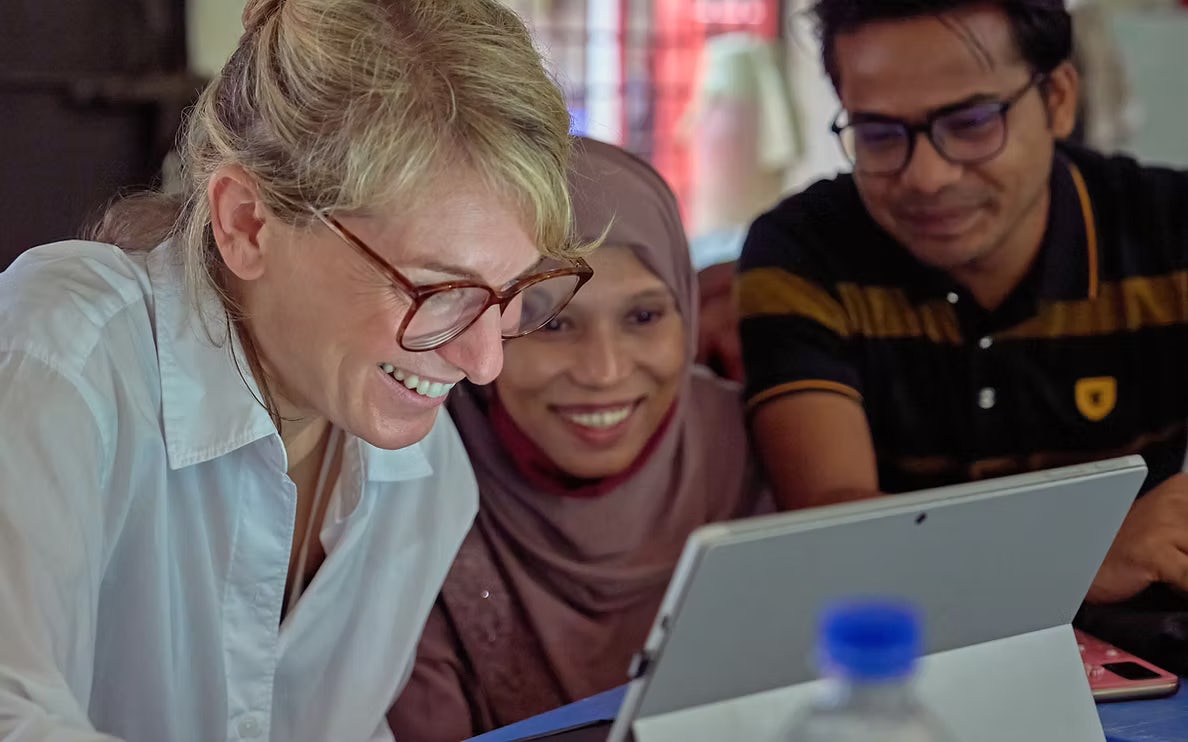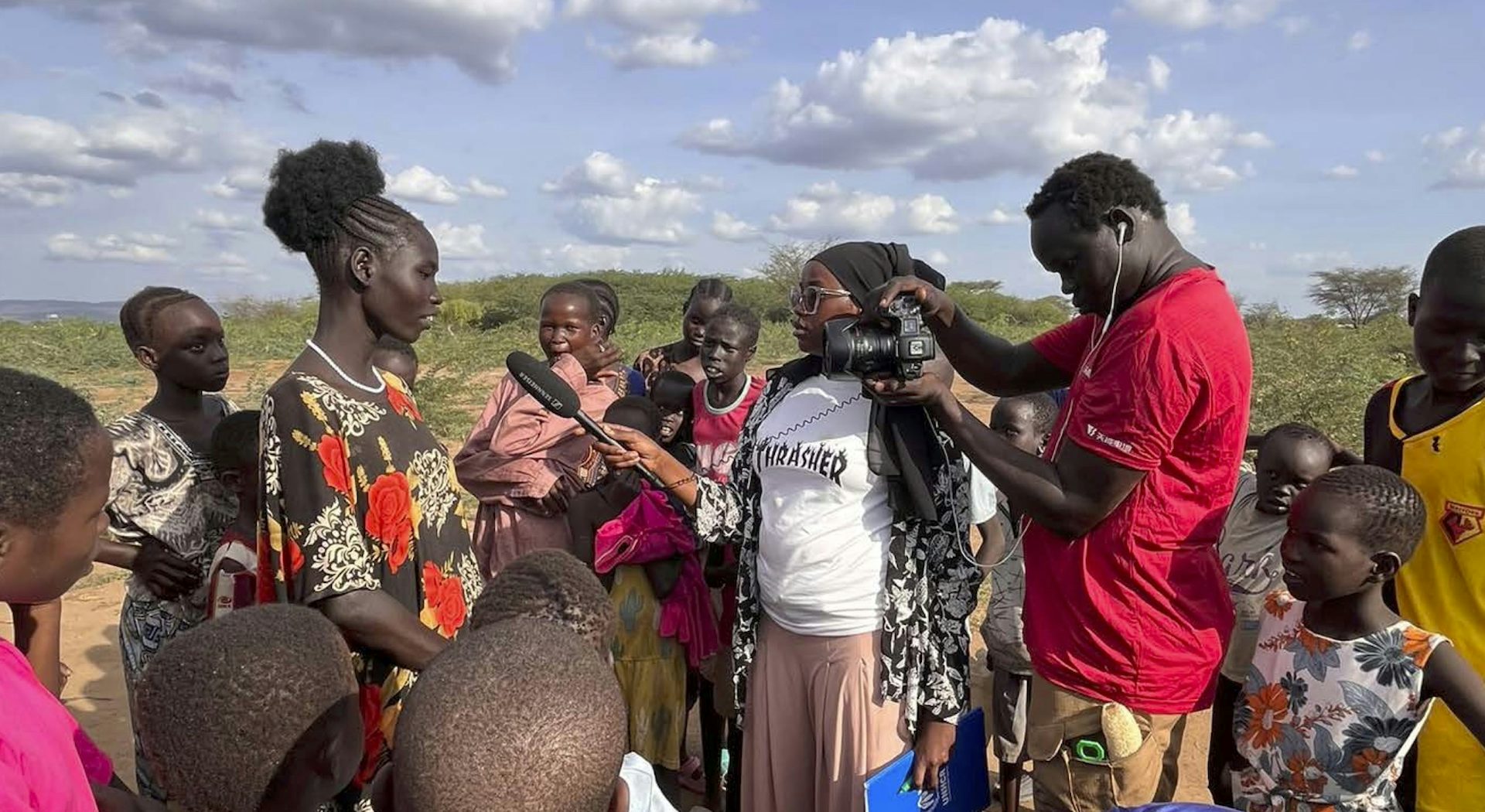How humanitarian storytelling is evolving
We talk to researcher and lecturer Jess Crombie about how the ways charities and organisations can effectively engage audiences at times of emergency and disaster are changing
It’s a challenging time for the humanitarian sector. Relentless emergencies and massive funding cuts are putting the industry under significant strain. Audience engagement has never been more critical, but tired and extractive storytelling tactics and metric-driven concepts have left the sector in desperate need of reinvention.
Jess Crombie, a senior leader in the industry, is attempting to change this by setting the bar for ‘ethical storytelling’, where those who feature in communications from charities are equal collaborators on the projects.
Her groundbreaking research, born from two decades of working with organisations including DEC, Red Cross and Save the Children, confronts problematic tropes with practical tactics. At its core, Crombie’s method requires cultural and logistical change, unravelling deep-rooted beliefs to reimagine the dynamics of storytelling and collaboration.
Interestingly, the implications of her approach go beyond the development sector, offering potent reflections for advertising, media and individual creatives.
In addition to her consultancy, Crombie is also a senior researcher and lecturer at the University of the Arts London, educating the next generation on equity, accountability and collaboration. Here, she talks to Gem Fletcher about power dynamics, responsible storytelling, artificial intelligence and why everyone must take a stand.





